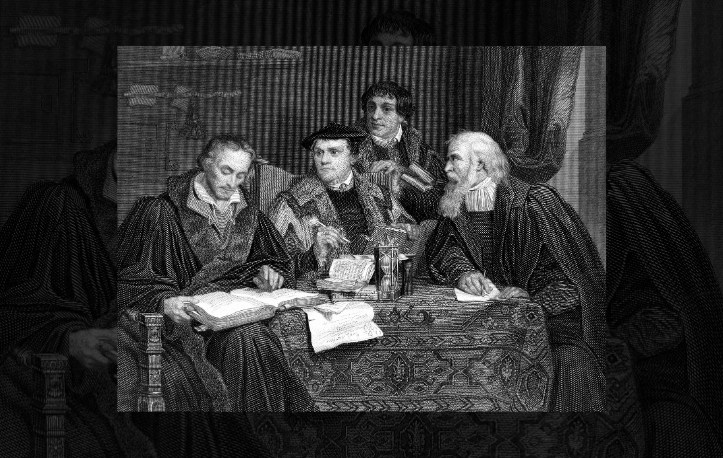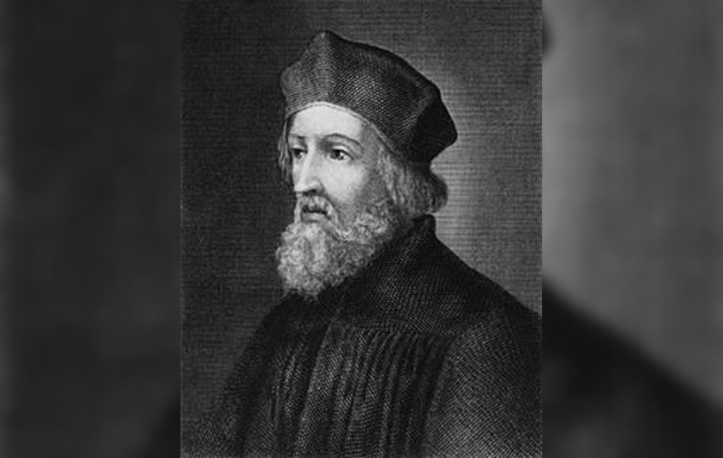Only three matters separated Herr George Wagner from the normal life of good men. These three matters were the difference between life and death in Munich in the sixteenth century: a priest’s power to forgive sin, transubstantiation of the communion bread and wine, and water baptism as a rite that saves a person from God’s judgment. Wagner believed none of these tenets, having been converted to the Anabaptist movement, the radicals of the Reformation. For Wagner, what the Bible did not directly teach, he was under obligation from no human being to believe.
The prince of Bavaria who arrested Wagner for his petulance was neither a bloodthirsty man nor one to take innocent life. Rather, he preferred a simple confession and then a return to more pleasant business. Oddly, Wagner refused, even when the prince politely asked. Wagner refused again when the prince brought Frau Wagner and their child before him. For even these loves, a normal man or woman would usually admit to mistakes on a few doctrinal points so clearly taught by the church. But not this man.
George Wagner, an Anabaptist, was burned on 8 February 1527, for heresy. “Today I will confess my God before all the world,” he said on his way to the fire.
That very night, Wagner’s executioner died in his bed. Some said it must have been the wrath of God, a sad and bitter end to a public servant’s life. Wagner, on the other hand, walked to his death with a smile—a most unusual man, but a happy one at the end.




Submit a Prayer